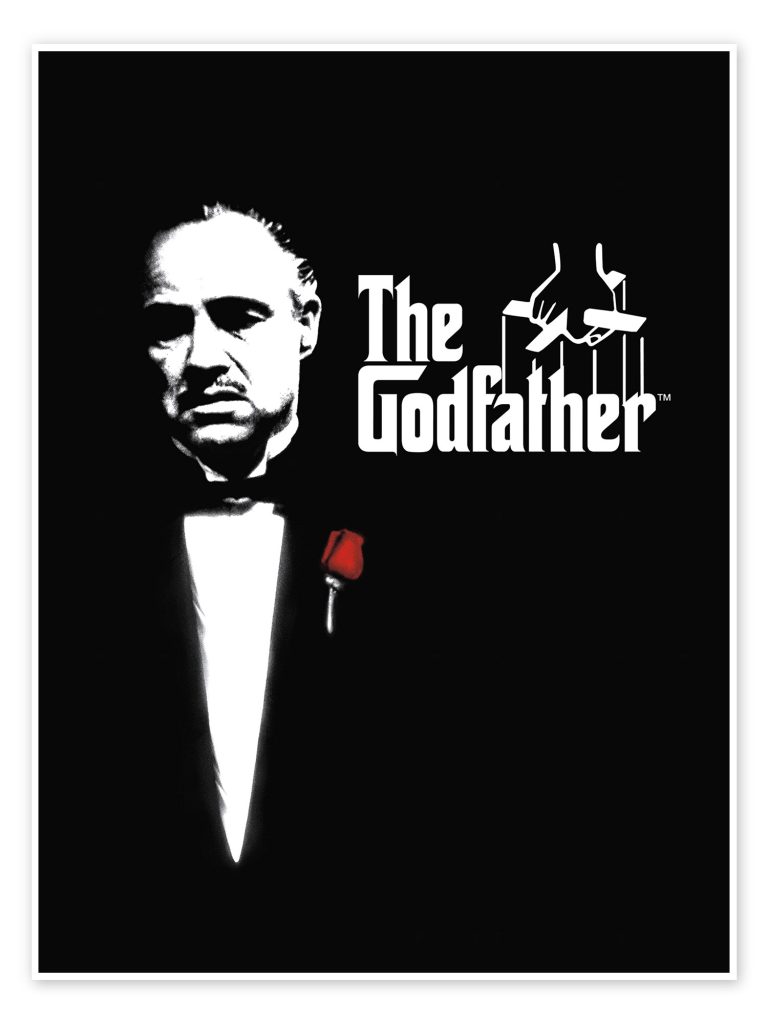
The Godfather is one of my all-time favorite movies. It was almost universally praised. “Almost” because one well-known critic begged to differ.
Directed by Francis Ford Coppola, The Godfather is widely considered one of the greatest films ever made. However, even a cinematic masterpiece like this can receive negative reviews. The worst review received by the 1972 movie came from critic Rex Reed, who panned the movie as “overly long and boring.”
Yes, it is long, and certainly not every moment is awash in murder, but what good movie consists of continual violence, or continual anything? Reed criticized the pacing of the film, stating that it dragged on and failed to maintain the viewer’s interest. Maybe it didn’t maintain Reed’s interest. Maybe Reed didn’t get enough sleep the night before viewing it.
I’m sure you’ve seen the movie. Did it drag on and on and bore you?
He also complained about the complexity of the plot, claiming that it was difficult to follow and ultimately unsatisfying. One of the most confusing aspects of the film, he might have thought, is the intricate web of relationships and alliances between the various characters in the mafia families. The film is filled with a large cast of characters, each with their own motivations and agendas, making it somewhat difficult to keep track of who is on whose side and who is betraying whom.
Another potentially challenging aspect of the movie is the shifting power dynamics within the Corleone family. As the patriarch Vito Corleone, played by Marlon Brando, grows older and weaker, his sons Michael (Al Pacino) and Sonny (James Caan) vie for control of the family business. The subtle machinations and power plays that occur within the family can be hard to follow, especially for viewers who are not familiar with the intricacies of mafia culture.
Reed’s negative assessment of The Godfather may have stemmed from his own personal preferences or biases towards the genre.
It is important to consider the source of a review when evaluating its credibility. In the case of Rex Reed, his negative review of The Godfather may have been influenced by his own personal biases or expectations. It is essential for film critics to approach their reviews with an open mind and consider the merits of a film objectively, rather than allowing personal preferences to cloud their judgment.
While every viewer is entitled to their own opinion, it is evident that Reed’s assessment of The Godfather does not align with those of the majority of critics and audiences who have praised the film over the years. The Godfather has received numerous accolades, including three Academy Awards, and is consistently ranked among the greatest films of all time. Its enduring appeal and cultural impact speak to its significance in the world of cinema.
While the source of Reed’s negative assessment is unknown, it may simply be that he is an overrated critic. Or one whose honesty is questionable. Here’s a paragraph from the article about him on Wikipedia:
“After Marisa Tomei won an Oscar for Best Supporting Actress in 1992 for her work in My Cousin Vinny, Reed said publicly that she had not actually won the award, and that presenter Jack Palance had accidentally read the wrong name off the card he was reading. When it was pointed out that the card had only one name on it, Reed changed his theory to say that Palance had read the wrong name off the Teleprompter, and claimed the Academy went along with it because they would have been embarrassed to admit that mistake in front of a huge viewing audience. Reed was publicly rebutted by the accounting firm Price Waterhouse, who said that if a presenter ever announced the wrong winner, a PwC representative would go on stage and state that the wrong result had been announced, before either stating the correct result or giving the information to someone on stage to correct it. (Film critic) Roger Ebert said that Reed’s conspiracy theories were false and unfair to Tomei and that Reed owed her an apology.”
Despite Reed’s harsh criticisms, The Godfather has stood the test of time and continues to be regarded as a classic in the world of cinema. The film’s compelling storyline, rich character development, and masterful direction by Coppola have solidified its place in cinematic history. The film has been praised for its exploration of themes such as family, power, and loyalty, which resonate with audiences to this day.
Which is why it’s on my list of all-time favorite movies.
However, the screenplay did have some help from legendary script doctor Robert Towne. Director Coppola realized that a transition scene was required near the end, where the fading Vito Corleone provides advice to Michael, his successor. Coppola needed that scene immediately and flew Towne to the set in New York. As soon as he handed in the pages, it was shot. Coppola offered him screen credit, which Towne declined. He said, “If you win an Oscar, thank me.” Coppola did win for Best Adapted Screenplay and he did thank Towne.
Ghostwriters Central, Inc., has several highly-qualified script doctors under contract, available to help writers perfect their screenplays. If your film gets produced and Rex Reed plans to review it, consider making him an offer he can’t refuse…so he won’t.
Leave a Reply